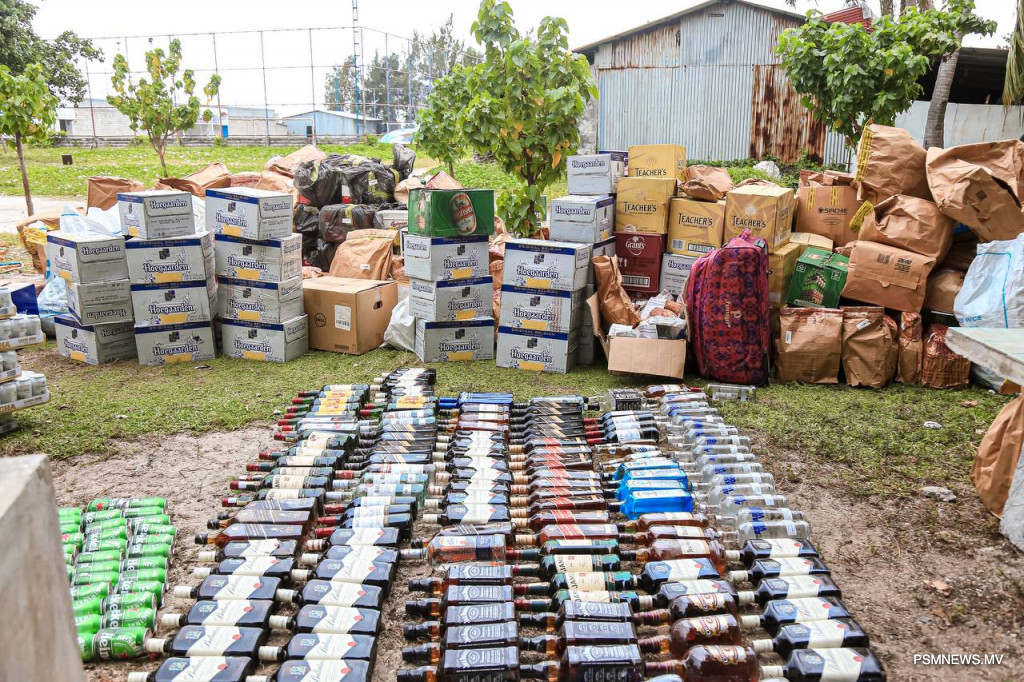
The Maldives Police Service (MPS) has published new regulations on Police Procedure in the Prevention of Gang Crimes and Other Dangerous Crimes to standardise the handling of property seized under the nation's new anti-gang legislation.
The new regulations detail how law enforcement will use controlled deliveries and covert operations to disrupt criminal networks and establish a process for dealing with confiscated assets.
The regulations were determined to provide clear guidelines for the MPS in enforcing the Prevention of Gang Crimes and Other Dangerous Crimes Act, which came into force on 25 August. The law aims to prevent organised, serious, and dangerous crimes by granting special powers to enforcement agencies to penalize offenders and facilitate their rehabilitation.
The new regulation gives Police the discretion to perform controlled deliveries, allowing illegal goods to be tracked to their final destination. This investigative tool is authorised to help identify individuals involved in importing, trafficking, or otherwise illegally handling contraband. A controlled delivery is an operation monitored and supervised by police officers to facilitate the delivery of illegal items while gathering evidence on the criminal network.
With approval from the Commissioner of Police or a designated senior officer, Police can now conduct undercover operations, including approaching criminal groups to seize or purchase illegal goods.
The regulation also describes the process for handling property and money seized from individuals who have acquired illicit enrichment.
A special committee will be established to decide the fate of these assets, which will include representatives from the Ministry of Finance and Planning, MPS, Maldives Inland Revenue Authority (MIRA), Maldives Customs Service and the Prosecutor General's Office (PGO).
Once a case is submitted, the committee has 10 days to decide how to manage the confiscated property and money.
The regulation outlines several provisions for how seized assets can be handled, including selling or leasing the property, with proceeds used for state purposes, and the disposal of certain items.
If the property was purchased with an installment plan that has not been paid off, authorities may enter into an agreement with the original company.
The Prevention of Gang Crimes and Other Dangerous Crimes Act was ratified on 25 May and became active three months later. Its purpose is to disrupt organised crime, rehabilitate offenders, and establish monitoring for high-risk individuals. The new police procedures provide the necessary framework for investigators to effectively use the special powers granted under this landmark law.
